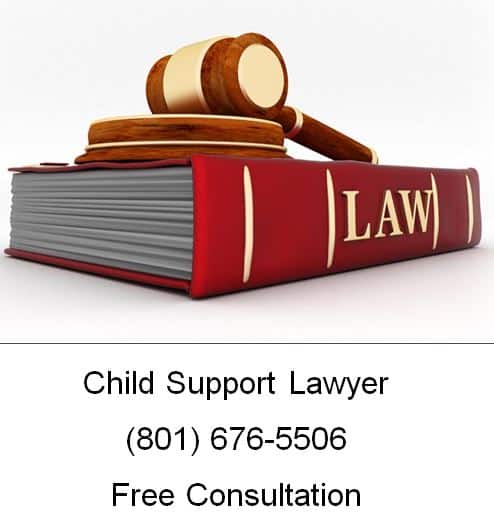
As the noncustodial parent, you will likely owe child support. The amount is generally established based on Utah child support guidelines calculations, with some room for negotiating a fair monthly amount. In addition, you can negotiate with your spouse to reduce your future tax liability. The actions you take during mediation can put more money in your own pocket during the years following your divorce.
Although you may think you prefer to pay child support than alimony, consider the tax advantages you receive when you pay spousal support. Your child support payment is not tax deductible, whereas your former spouse does not have to report the payments as income. Alimony, however, works in the opposite direction — you can deduct the amount from your taxable income and your former spouse is instead liable for taxes on the payments.
Only one person can claim a dependency exemption and a child tax credit for each qualifying child on a tax return for a given year. Consistent with the law’s child residency requirements, the IRS allows the custodial parent to reap the benefits if your divorce decree is silent on the issue. However, your spouse is permitted to transfer these exemptions and credits to you, which can significantly reduce your tax liability. To do so, your spouse must sign and you must submit IRS form Release/Revocation of Release of Claim to Exemption for Child by Custodial Parent. You can negotiate to receive this tax-saving benefit every year or on specified years. Many couples agree to alternating years.
Regardless of the agreement you negotiated about the child tax credit and the dependency exemption, the earned income credit (EIC) is nonnegotiable. If the custodial parent qualifies for an EIC, this credit is nontransferable to the noncustodial parent.
Should You Modify Your Decree of Divorce?
As time passes and circumstances change, some aspects of your final divorce decree can be amended by a petition to modify the original terms. As a Long Island divorce lawyer, I can confirm that modifications are common in today’s challenging economic times.
A divorced spouse who experiences an income loss or reduction of at least 15 percent, for instance, may petition the court to lower child support or spousal support (alimony) payments. In fact, as the recession deepened and unemployment soared, a 2009 study by the American Academy of Matrimonial Lawyers reported that 39 percent of divorce lawyers saw an increase in modifications of child support payments, while 42 percent cited an increase in spousal support modification.
Economic hardship may also cause the custodial spouse to relocate to find or to continue employment. This can result in a request to modify the terms of custody and/or visitation, allowing the spouse to relocate beyond the radius originally agreed upon and an overall change to the agreement, for example transferring custody to the parent who isn’t moving, so the child can remain in the same school.
Rising costs of health care and child care can also be addressed through modification, as can additional expenses such as college tuition that may not have been addressed in the original decree. Of course, not all modifications result from gloomy circumstances. For example, a major increase in income may encourage an ex-spouse to share the wealth by increasing the amount of spousal or child support.
Child Support Lawyer Free Consultation
If you have a question about child support or if you need help with taxes, please call Ascent Law at (801) 676-5506. We will help you.
8833 S. Redwood Road, Suite C
West Jordan, Utah
84088 United States
Telephone: (801) 676-5506
Recent Posts
When Your Minor Child is Pregnant
How to Get a Good Divorce Settlement If I Can’t Afford a Lawyer?
If I File Bankruptcy Do I Have To Go To Court?

